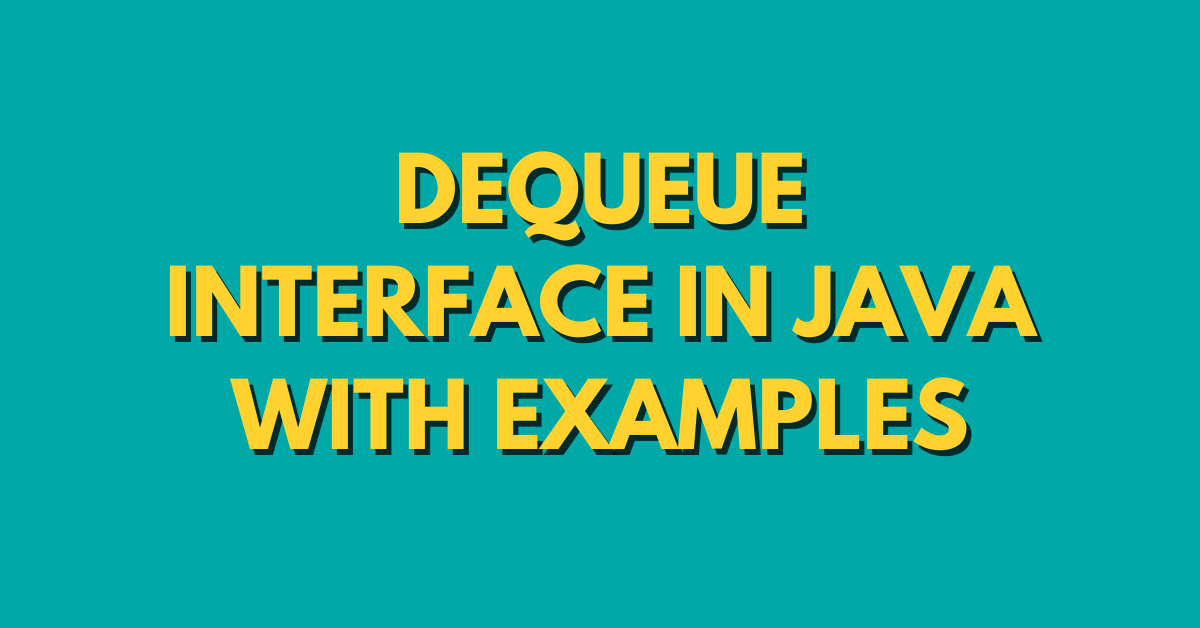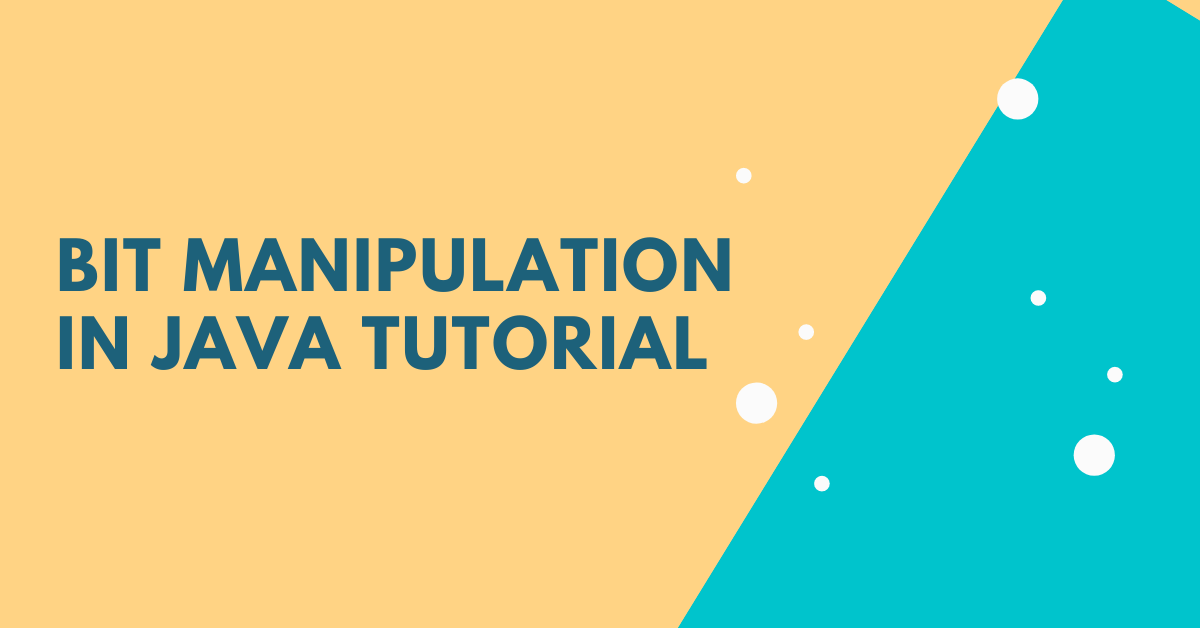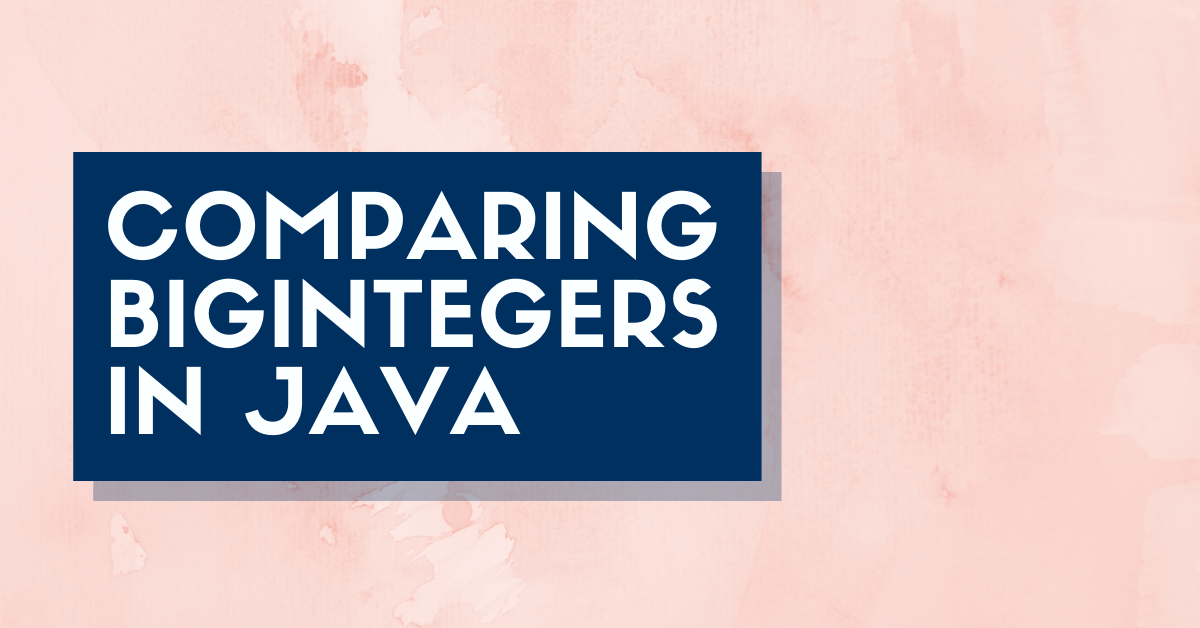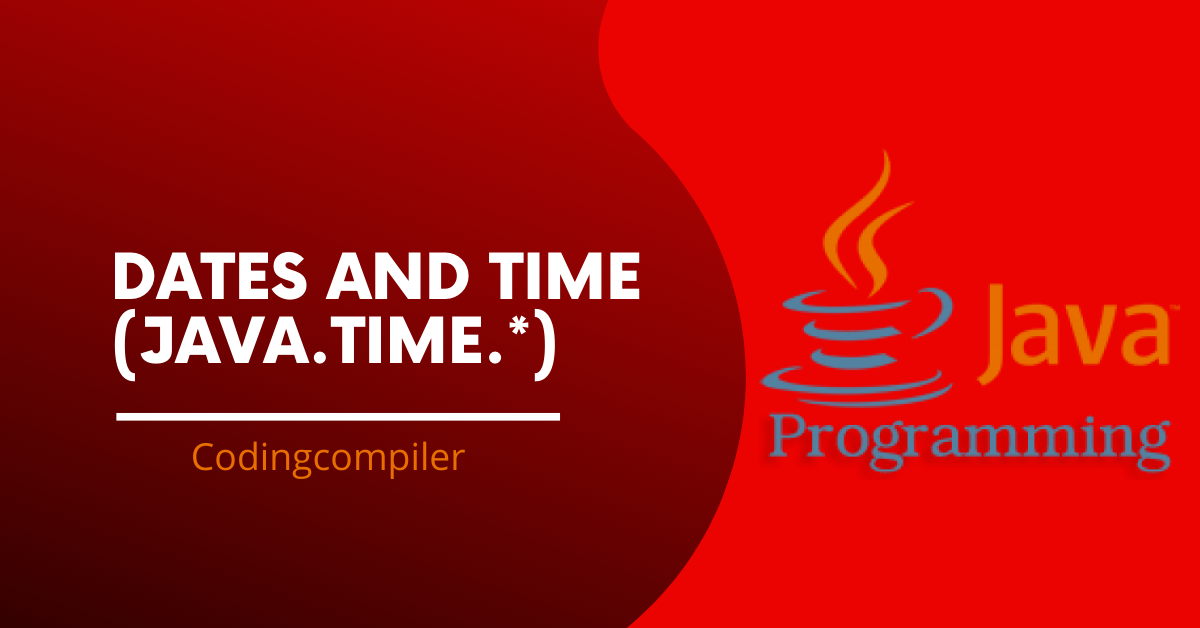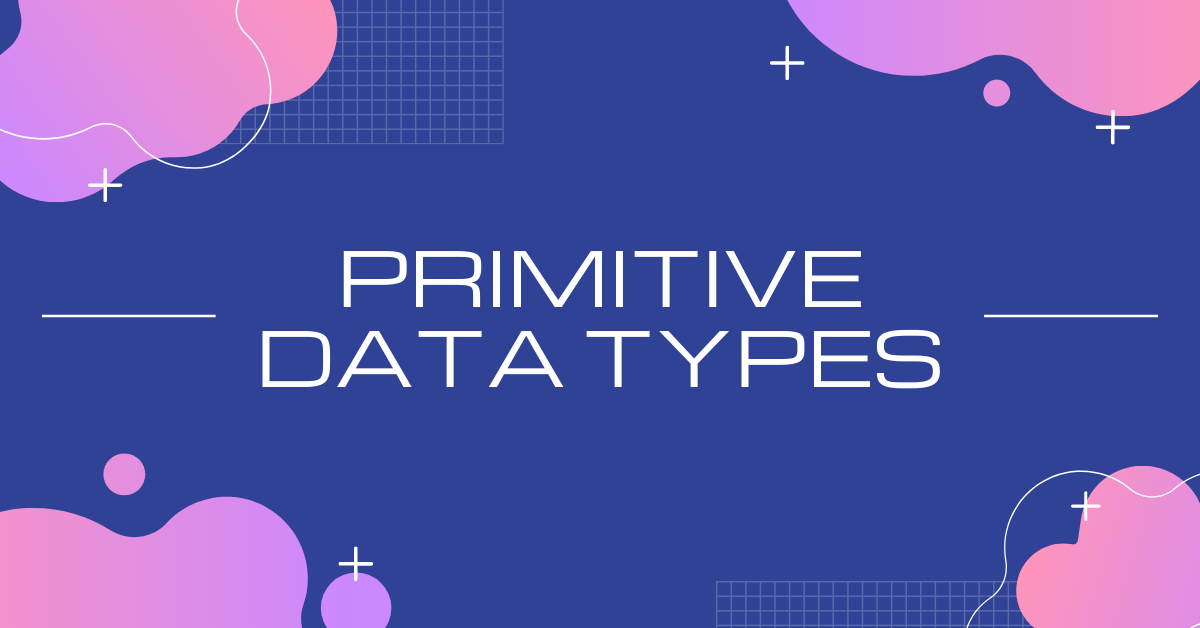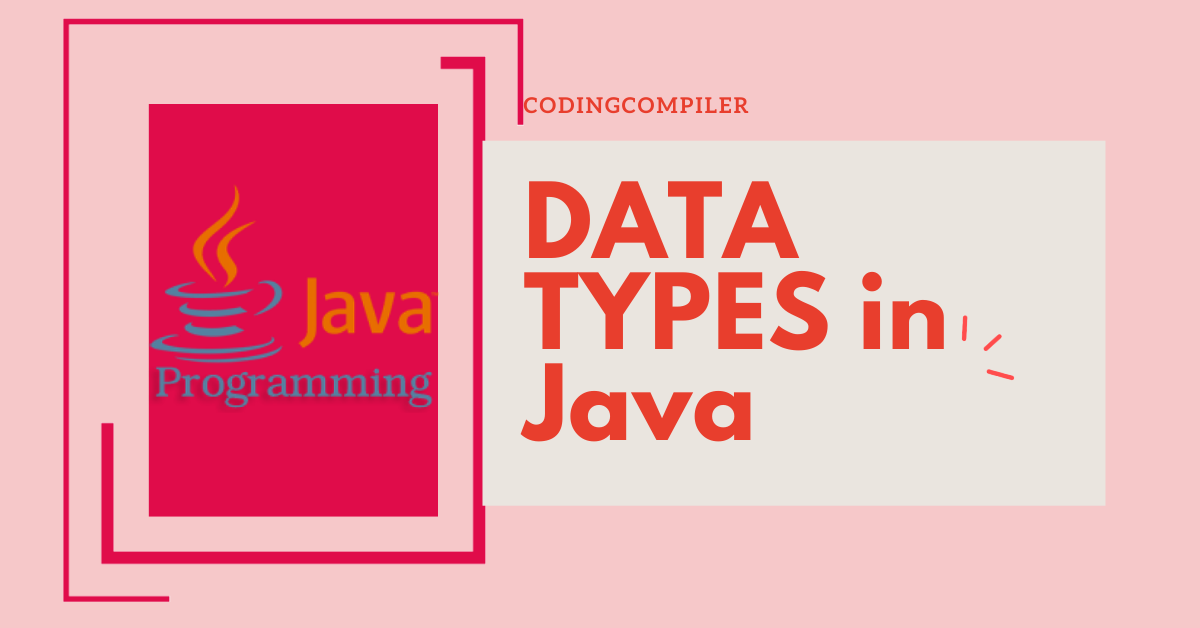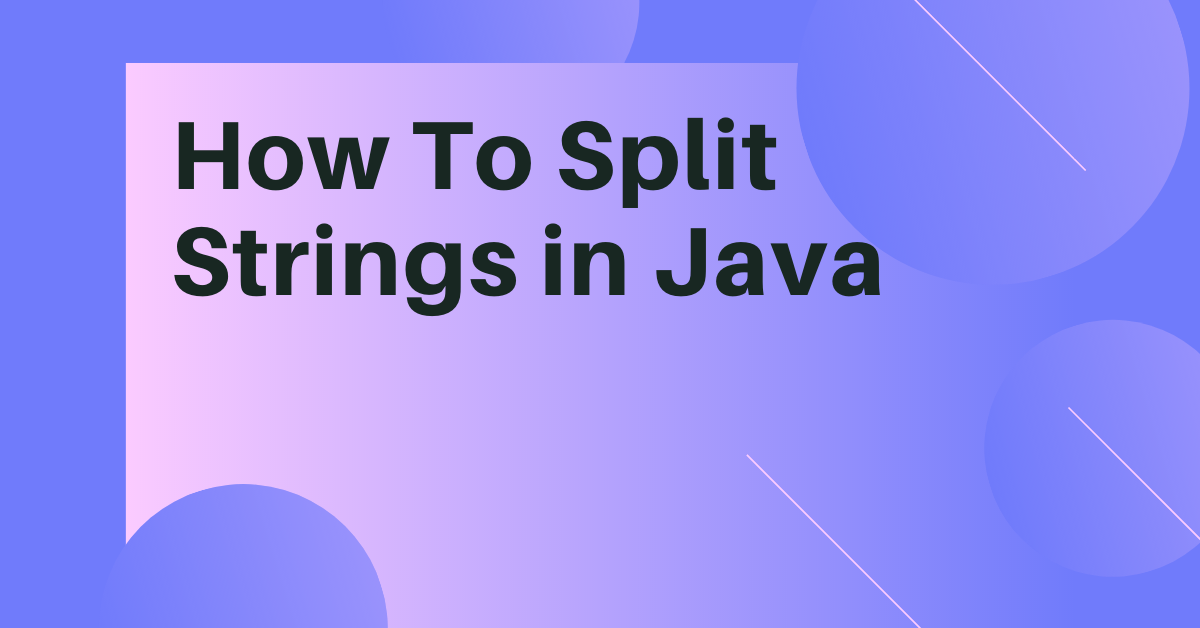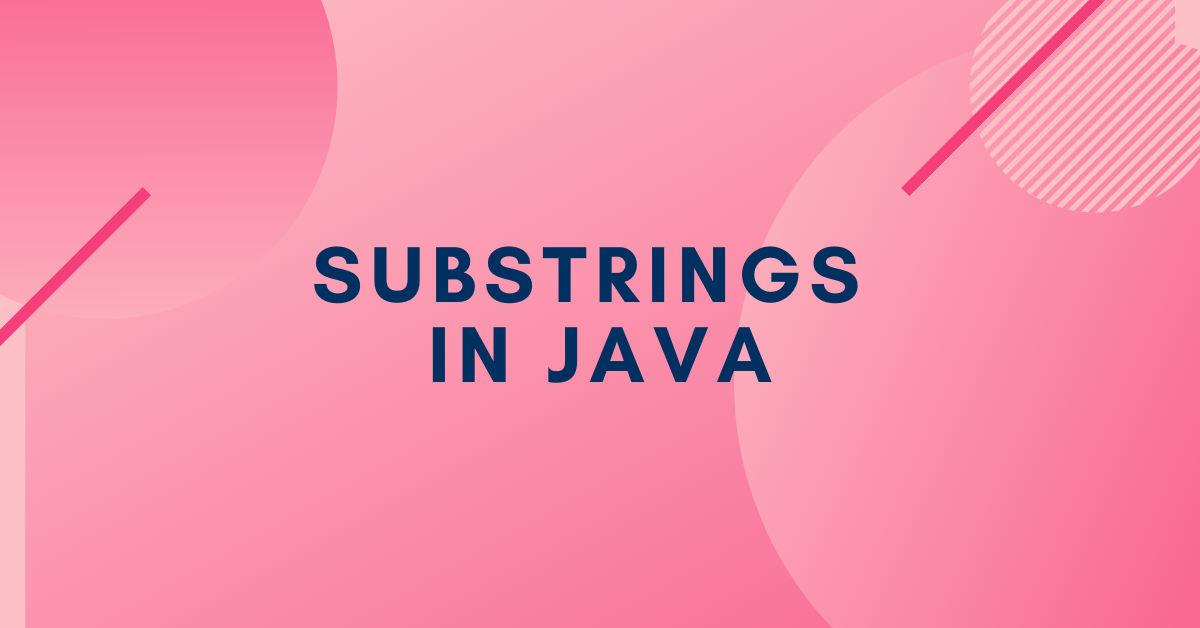Java Class Instance Tutorial – Java Object Oriented Design Tutorials for beginners from Coding compiler. Here you will learn about Java class instance, null reference type, accessing the fields of a class, default initialization of fields. Learn Now.!
SortedMap in Java
The SortedMap in Java. The SortedMap interface extends Map. It ensures that the entries are maintained in ascending key order. Introduction to sorted Map Keypoint: SortedMap interface extends Map. entries are maintained in an ascending key order. Methods of sorted Map : Comparator comparator( ).Object firstKey( ).SortedMap headMap(Object end).Object lastKey( ).SortedMap subMap(Object start, Object end).SortedMap tailMap(Object start). Example: public … Read more



